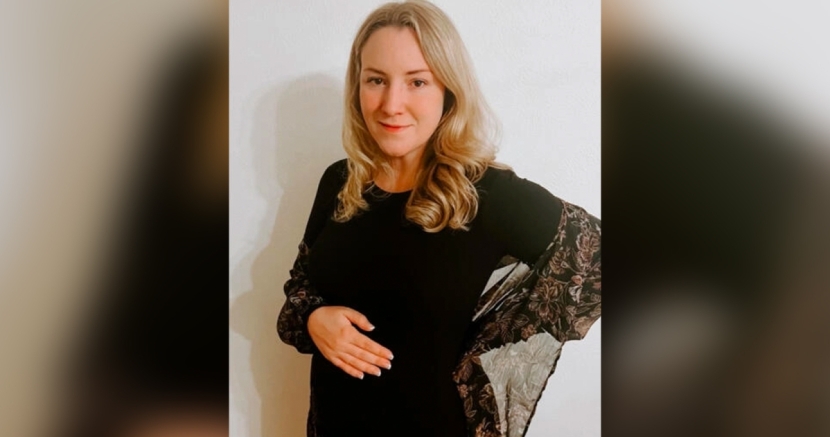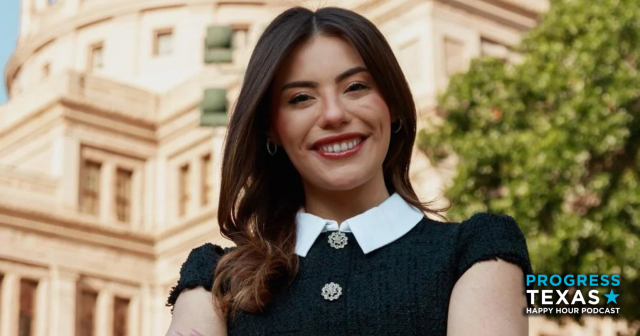Toplines & Key Facts:
- First of its kind suit brought by CRR against the State of Texas Tuesday
- Kate Cox is seeking an emergency abortion
- Exact situation brought up in Texas Supreme Court abortion case last week
Who is Kate Cox?
She’s just like any other Texan. She has a family with two kids. She’s pregnant. She needs healthcare. And so just like any other Texan, her health and family are in jeopardy because of extreme state laws against abortions. The Center for Reproductive Rights (CRR) filed an emergency suit on her behalf on December 5, asking the state of Texas for her urgent abortion care — which falls in conflict with current state law banning abortions.
Last week, Cox discovered that her baby suffers from Trisomy 18, meaning her fetus has an almost always fatal condition which can result in “an umbilical hernia, a twisted spine, a club foot” and more. Furthermore, if she continues this pregnancy, she faces risks to her own health (after visiting three emergency rooms for pain already), future fertility, and her quality of life. She cannot receive the healthcare she needs to end this pregnancy, saving herself and her baby assured pain, because of state laws like SB 8. Her options under current laws are to miscarry, watch her baby die, or leave the state for care and face legal repercussions.
Kate Cox needs an abortion, and she needs it now.
Therefore, every day of delay puts her in danger, so her lawsuit asserts she cannot wait. In it, she asks the Supreme Court to protect her from Texas’ abortion bans by granting a temporary restraining order of their enforcement against her, her husband, and Dr. Damla Karsan and staff who would perform the abortion.
It also asks that courts declare that state bans do not apply to patients with emergent medical conditions. This suit would function to clarify state law and exceptions to it: a similar strategy used by the CRR in one of their other cases, Zurawski v. the State of Texas, asking to define the “no exceptions” abortion ban and its application to non-viable pregnancies.
Either way, it is clear that state law is not only unenforceable and unconstitutional because of its vague nature infringing upon rights to privacy, it is deadly to have laws like this in place. Kate Cox and the Center for Reproductive Rights are trying to mitigate the hurt, but the courts must protect Texans overall by letting Texans and their doctors determine their own healthcare and family planning.
Until the Texas courts intervene, Cox is left in pain and waiting.
“It is not a matter of if I will have to say goodbye to my baby, but when. I’m trying to do what is best for my baby and myself, but the state of Texas is making us both suffer.”
How to Help
- Follow the CRR: Amplify their cases and share the stories of these brave women.
- Visit our Resource Guide: For updated information on abortion rights in Texas.
- Join the Roevolution: Pledge to vote in 2024 to restore our abortion rights!
DONATE
Your donation supports our media and helps us keep it free of ads and paywalls.









